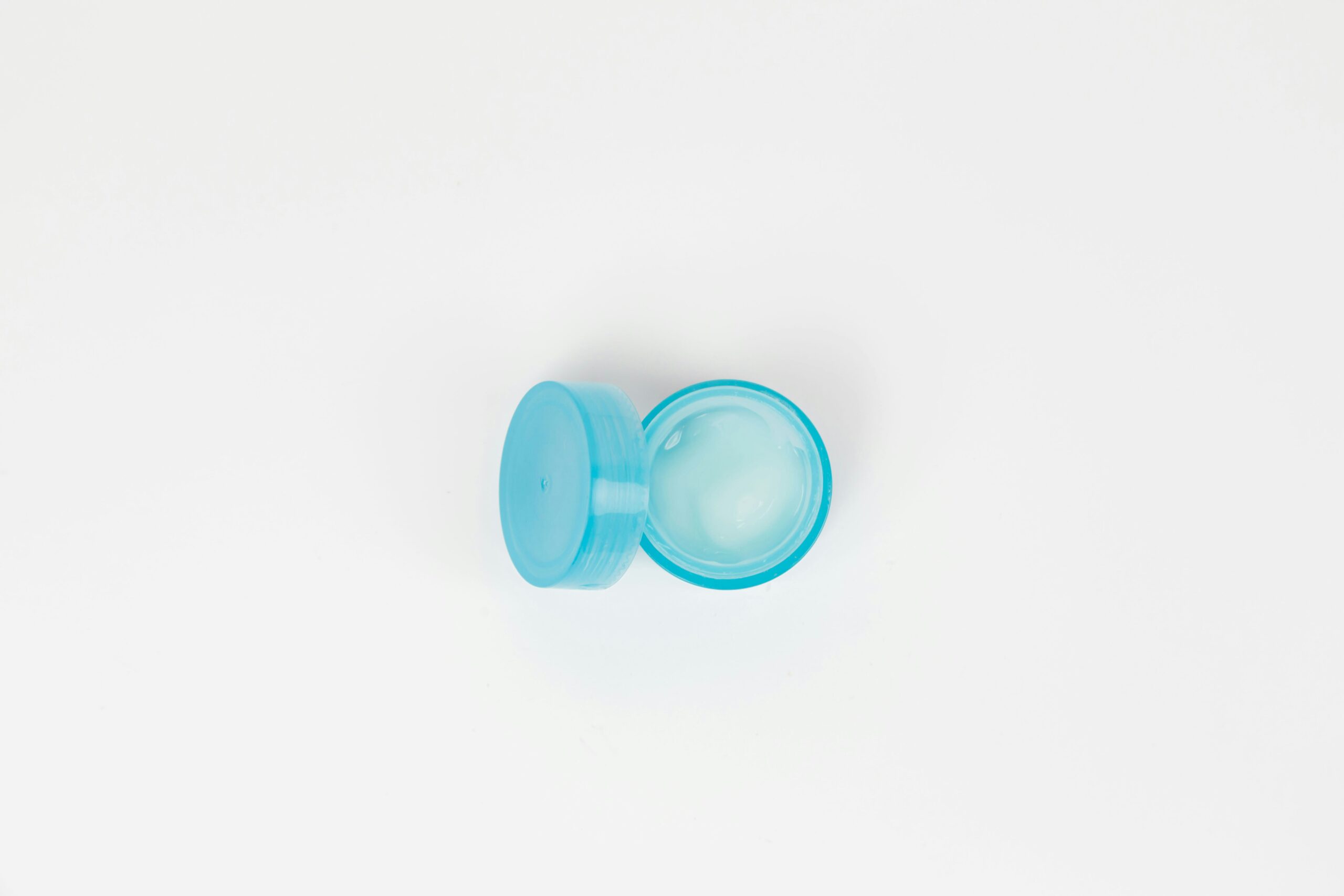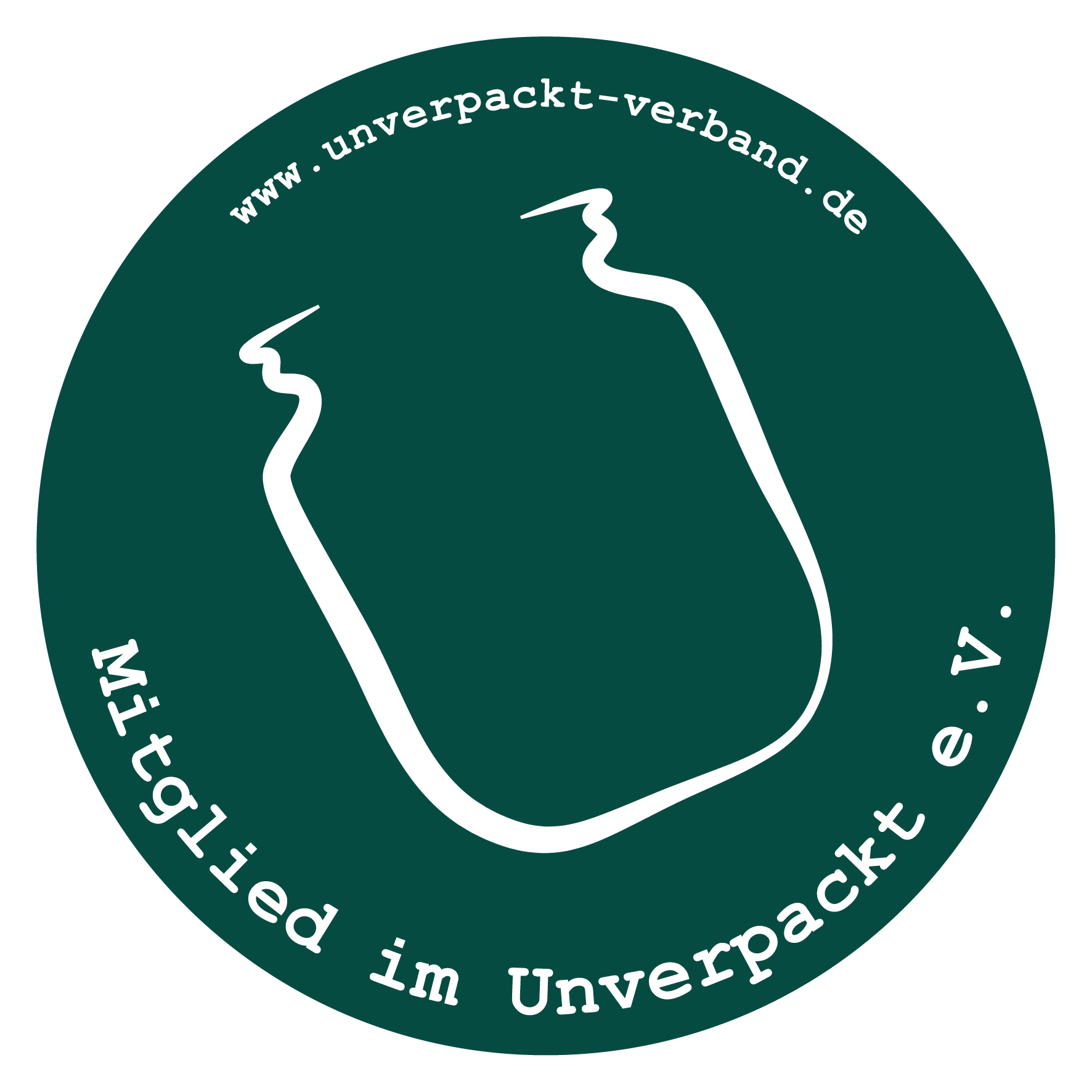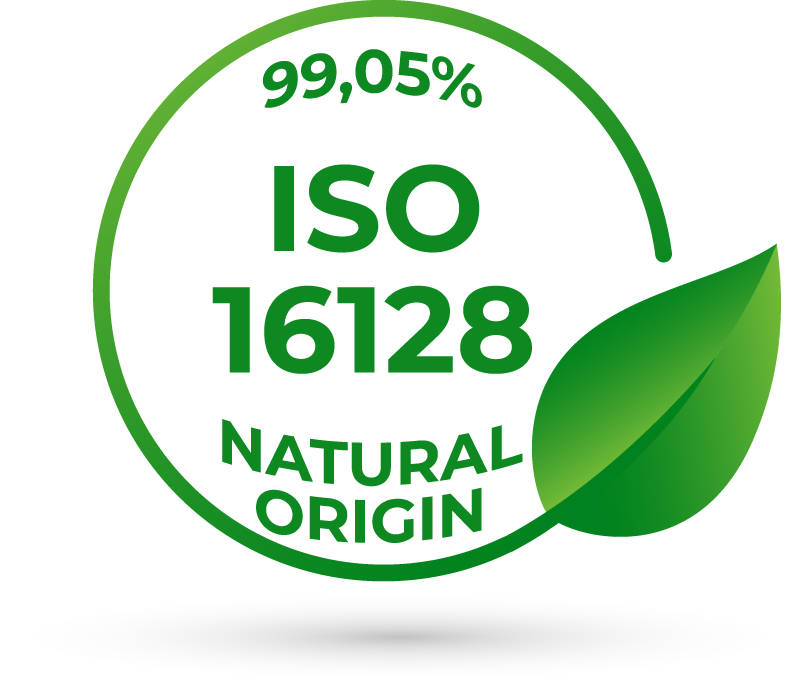The future of cosmetics: sustainability, clean beauty and inclusivity as new standards
The future of cosmetics: how environmentally conscious innovations and diversity are revolutionizing the industry
Sustainability in cosmetics: the path to more environmentally friendly solutions
A clear trend in the cosmetics industry is the desire for more sustainable products. This concerns not only the ingredients, but also the packaging. The reduction of single-use plastic and the use of refillable containers are significant steps that more and more brands are taking. Companies such as Lush, Rituals and Jondi & Moon are turning to innovative refill systems that allow customers to refill their cosmetic products instead of constantly buying new packaging. This is an environmentally friendly solution that reduces the use of plastic while offering the convenience of refilling products again and again.
Less plastic, more sustainability: the refill concept
The excessive use of plastic is a problem that the cosmetics industry is increasingly facing. More and more companies are turning to refillable packaging or glass bottles to reduce their environmental footprint. The refill system is an easy way to reduce packaging waste and promote a sustainable lifestyle at the same time.
With its refill concept, Jondi & Moon is pursuing a sustainable approach that not only reduces the amount of packaging waste, but also enables consumers to refill their cosmetic products in an environmentally friendly way. Such innovations set standards for the industry and show how sustainability can be put into practice today.
Clean beauty: cosmetics without harmful chemicals
In addition to the packaging, the content of the products is also a decisive factor for many consumers. The demand for clean beauty, i.e. cosmetics without harmful chemicals such as parabens, sulphates and synthetic fragrances, is growing steadily. Consumers are increasingly looking for products that rely on natural, skin-friendly ingredients and at the same time promote the avoidance of anything that could harm the skin.
Natural ingredients for pure beauty
Some brands rely on plant-based and natural ingredients that are not only gentle on the skin but also environmentally friendly. Products with natural ingredients such as aloe vera, essential oils or plant extracts not only offer gentle care, but also contribute to a more sustainable cosmetics industry. Jondi & Moon is one of the brands that consistently follows this philosophy and offers its customers natural cosmetic products that are both effective and environmentally friendly.
Companies such as Dr. Hauschka, Weleda and Living Proof are also known for their natural formulations that rely on proven plant-based ingredients to care for the skin without harming the environment.
Inclusivity in cosmetics: variety for all skin types
Another important topic in the cosmetics industry is inclusivity. Cosmetic products should be suitable for all skin types and tones. This means that the product selection should not only be geared towards a specific target group or ethnic origin. Inclusivity means that the cosmetics industry offers products that are adapted for all skin needs and tones.
Cosmetics for all skin types and tones
The cosmetics industry has started to offer a wider range of products that cover all skin types, tones and needs. This includes make-up in different shades, as well as skincare products that cater to sensitive, dry or oily skin. Brands such as Fenty Beauty and MAC Cosmetics have paved the way by offering a wider range of colors and textures for all skin types and tones.
Jondi & Moon is also a brand that thinks inclusively and tailors its products to a wide range of skin types and needs. By using natural and skin-friendly ingredients, they ensure that their products are suitable for a variety of skin types.
Transparency in cosmetics: What is really in my products?
The trend towards transparency is another key aspect of the modern cosmetics industry. Consumers today want to know exactly which ingredients are contained in their products and how they are obtained. Brands that communicate openly and clearly present the origin of their ingredients and the ethics of their production gain the trust of their customers.
The urge for clear communication
Brands such as The Ordinary, Burt’s Bees and Jondi & Moon are committed to transparency when it comes to the ingredients in their products. Customers can read exactly what is in the products and understand what effect the individual ingredients have on the skin. This openness is increasingly becoming a decisive criterion for consumers who want to ensure that their cosmetic products are not only good for their skin, but also good for the planet.
The future of cosmetics: sustainability, clean beauty and inclusivity as new standards
What can we expect in the future of cosmetics? It is clear that the trend towards sustainability, natural ingredients and inclusivity will continue to grow in importance. Consumers increasingly want products that are not only good for their skin, but also good for the environment. The demand for products that are both skin-friendly and environmentally conscious will continue to rise.
Brands that have already integrated these principles into their philosophy, such as Jondi & Moon, Lush and Dr. Hauschka, will continue to act as pioneers in the industry. They show that it is possible to develop high-quality cosmetic products that are both sustainable and effective. Tailor-made products that focus on individual skin needs will also continue to gain in importance.
Conclusion: Sustainability, clean beauty and inclusivity are shaping the future of cosmetics
The cosmetics industry has changed and will continue to change. Sustainability, clean beauty and inclusivity are the new standards that define the industry. Companies that have anchored these values in their products and production offer consumers cosmetics that are not only good for the skin, but also for the planet.








